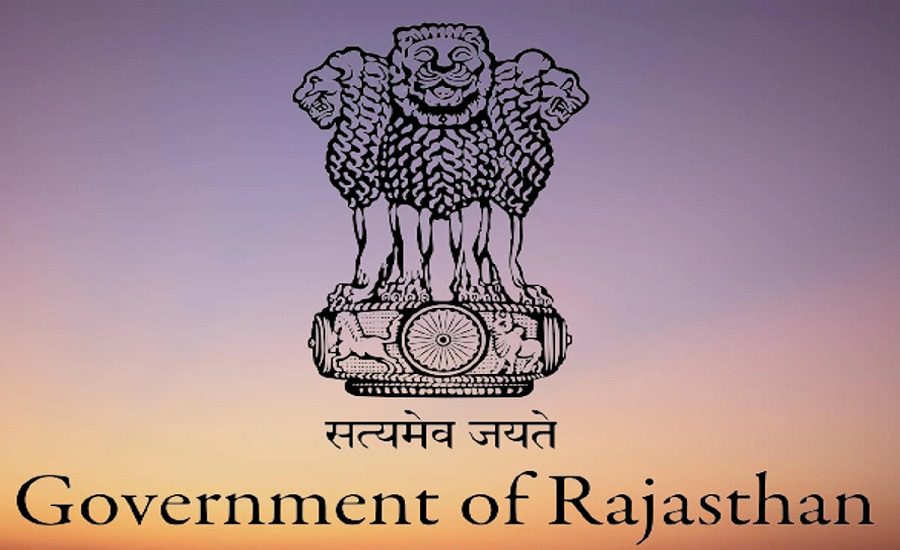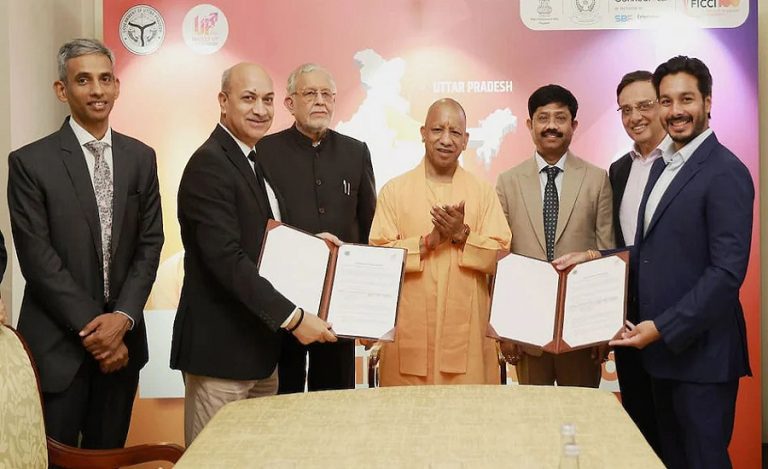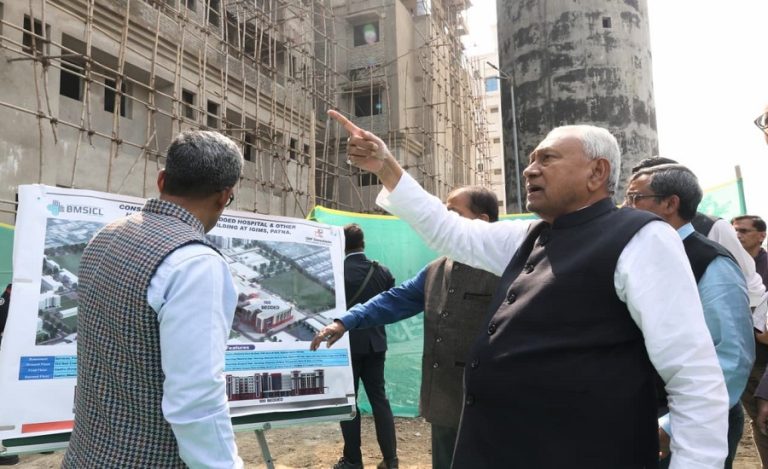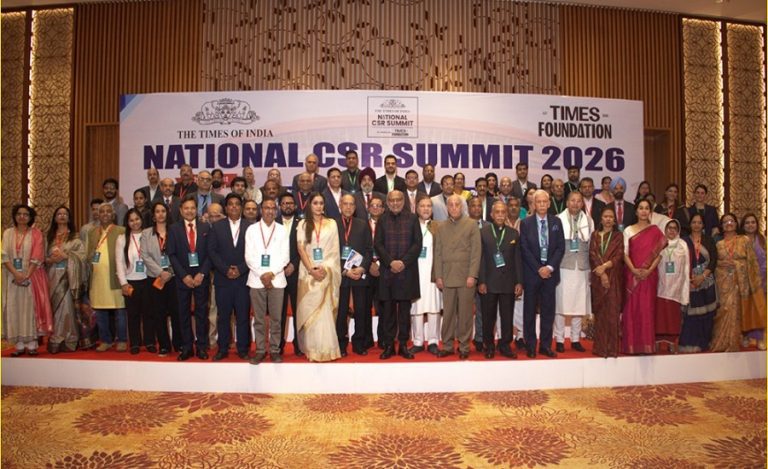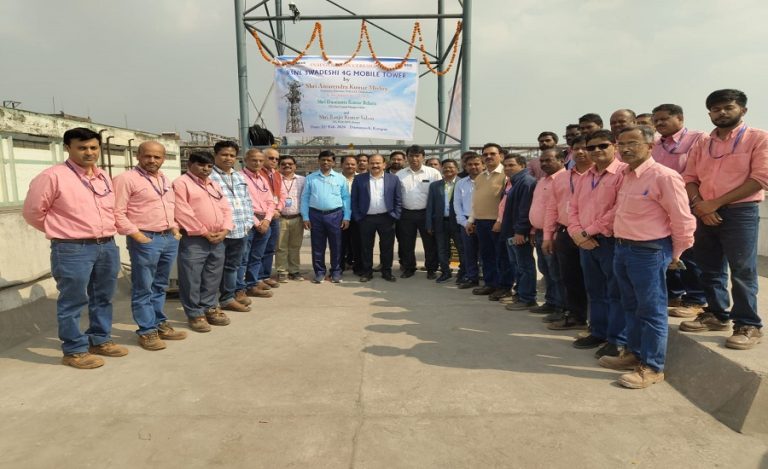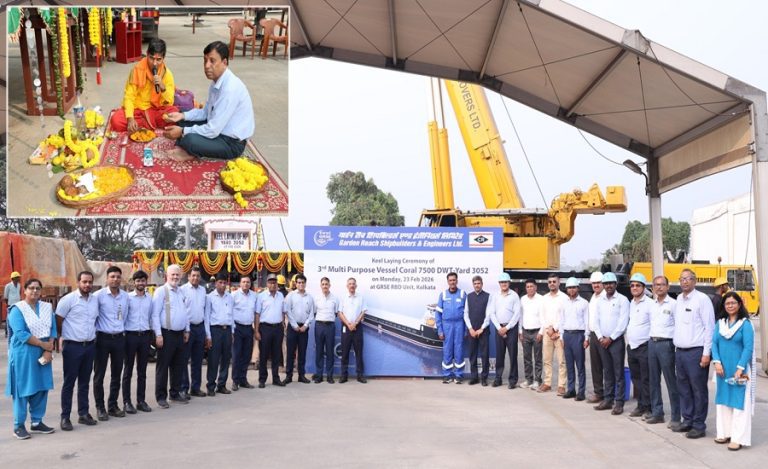Jaipur: The Rajasthan government has taken a firm stand against the increasing number of IAS, IPS, and IFS officers seeking central deputation, citing a serious shortage of officers in the state. The move comes after more than a dozen Rajasthan cadre officers were allowed to go on central deputation in recent months.
Officials say that while deputation can be beneficial to officers’ careers, it is now affecting the implementation of critical state schemes and daily governance.
Recent Case: KK Pathak’s Request Denied
Last month, KK Pathak, Principal Secretary of the Personnel Department, applied for central deputation. The state government initially approved his request, but later withdrew the decision, highlighting the urgency to retain experienced officers in Rajasthan.
The reversal has set a precedent. Many other officers who were considering similar applications are now reportedly reluctant to apply, seeing the government’s tough approach.
Read also: Rajasthan Govt Transfers 2 IPS Officers, Appoints New SP in Pali; 3 RAS Officers Made APO
Why Officers Seek Central Deputation
Several factors motivate officers to seek deputation to Delhi:
Lack of Key Postings in the State: Officers not given important assignments often look to the Centre for more meaningful roles.
Career Advancement: Deputation offers exposure to national-level policy-making, elite forces, and international collaborations.
Personal Reasons: Proximity to home states or spouses already working in Delhi are additional motivators.
Experts note that after political transitions, officers associated with the previous government often prefer deputation to avoid being sidelined.
Officers Already on Central Deputation
In the last six months, over 35 IAS, IPS, and IFS officers from Rajasthan cadre have gone to the Centre.
IAS Officers (Select List):
V. Srinivas, Rajat Kumar Mishra, Tanmay Kumar, Naresh Pal Gangwar, Roli Singh, Rohit Kumar, Mugdha Sinha, Ashutosh A.T. Pednekar, Siddharth Mahajan, Gaurav Goyal, Anshdeep, among others.
IPS Officers (Select List):
Rajesh Nirvan, Rajesh Arya, Binita Thakur, Satyapriya Singh, C. Santosh Kumar Tukaram, Lovely Katiyar, Deepak Yadav, and several others.
IFS Officers:
12 IFS officers are also on deputation, including Gobind Sagar Bhardwaj, Anand Mohan, Priya Ranjan, Harini V., and K. Balaji.
Why the Government Is Restricting Deputation Now
Shortage of Officers
The state is grappling with an acute shortage of IAS officers. The Centre approved only 19 new posts against the demand for 52 in the latest cadre review.
Overburdened Departments
Currently, 45 IAS officers hold additional charges, and crucial departments like Panchayati Raj lack full-time secretaries. Even top officials like Chief Secretary Sudhanshu Pant are managing multiple departments.
Upcoming Retirements
Around 33 senior officers are scheduled to retire this year, some already have. The state anticipates further staffing gaps if more officers leave for deputation.
Centre Has Enough Resources
Officials argue that the Centre has an adequate pool of officers, and the state cannot afford to lose key personnel during a resource crunch.
Rules Governing Central Deputation
Under the Central Staffing Scheme:
- Officers can express interest in central deputation between January 1–15 each year.
- A No Objection Certificate (NOC) from the state government is mandatory before central appointment.
- Deputation is allowed only after 9 years of service in the state cadre.
- Tenure is usually 5 years, with a possible 2-year extension.
- Officers must return to the state after the deputation period.
Key Takeaways
- The Rajasthan government is prioritizing state governance needs over individual career advancement.
- Officers already on deputation will continue, but new requests are being scrutinized or denied.
- The state is under pressure from mounting vacancies, political transitions, and upcoming retirements.
Read also: Rajasthan Makes History: Husband-Wife Duo Among 5 RPS Officers Promoted to IPS

